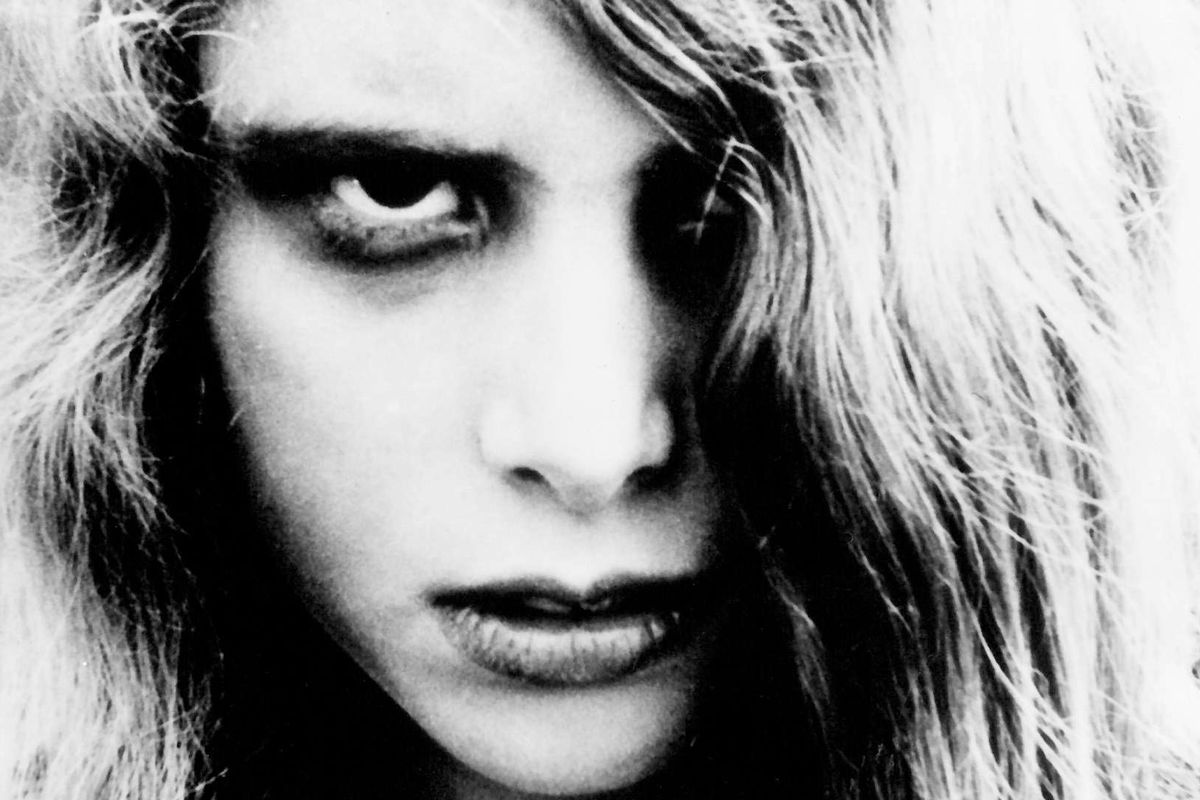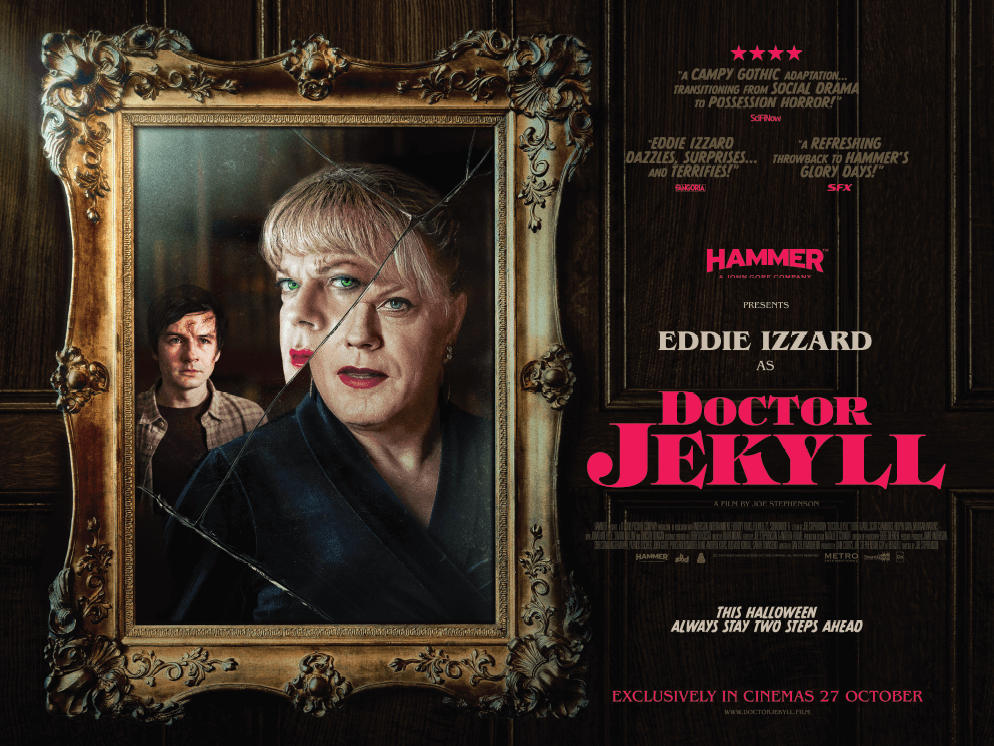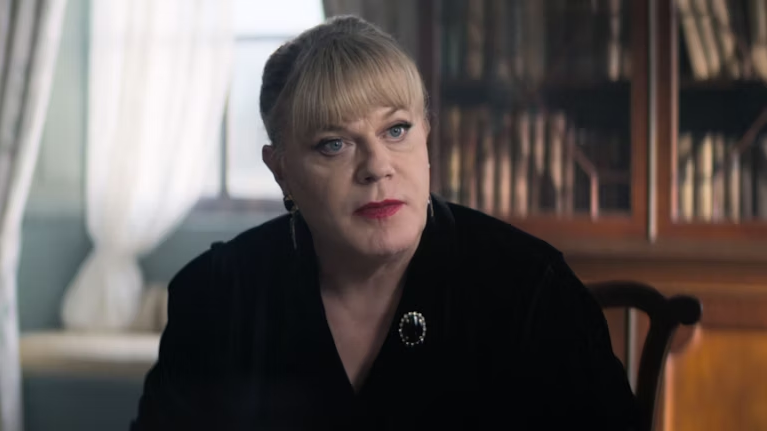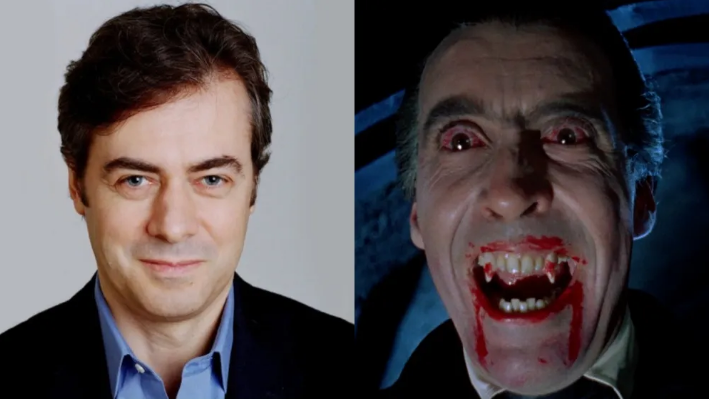Father of the Dead: A Tribute to George Romero

A veritable showcase of the latest and greatest in the world of arts and entertainment, Comic Con’s ability to pull fans from all around the globe truly shows the impact of pop culture.
As individuals who intake and consume media on a nearly constant basis, it comes with little surprise that pop culture shapes us. But, adversely, how often do we consider what it means to shape pop culture itself? Even in the pantheon of great artists and creators, it’s a position that few occupy.
Lucky for fans of film and fright, George Romero was one of those rare individuals.
It can be said with little argument that the world of horror cinema irrevocably changed with the emergence of Romero and his inaugural masterpiece Night of the Living Dead. With Night, Romero ushered in a whole new era for the genre, giving birth to the modern zombie movie and showcasing horror’s potential as a tool for social commentary. Though zombies existed on film before Romero (allegedly Romero was a fan of Hammer’s Plague of the Zombies, which came out a year before Night), it was the filmmaker’s deft handling and serious treatment of the subject matter that helped elevate the small motion picture to a zeitgeist defining moment. These days, the influence of the tone set by Romero permeates every modern day zombie story from The Walking Dead to Resident Evil.
Simply put, Romero issued a pop culture proclamation... and the world responded.
However, beyond merely writing the rule book for how to properly script the beats of a zombie flick, what made Romero’s films so special was a clear and present awareness of the world around them. To put it concisely, Romero was a socially conscious filmmaker in an era where it certainly wasn’t the norm. His choice to cast Duane Jones, an African American man, as the lead of Night of the Living Dead was a forward thinking move in an era where the Civil Rights movement was at the forefront of the national discussion. Similarly, his follow-ups to Night, Dawn of the Dead and Day of the Dead, respectively served as commentaries on consumer culture and the military industrial complex. In a post-Vietnam era, Romero used zombies to show that sometimes the biggest monster was human avarice. Later in his career, Romero would craft a film, Monkey Shines, on a disabled lead character. By building films around “non-traditional” leads and poignant subject matter, Romero proved that horror could be more than mere drive-in fare, but also be the impetus for a greater discussion about the human condition.
That being said, Romero also knew the value of good entertainment. Creepshow, his collaborative anthology with Stephen King, was a hyper-colored love letter to horror comics and films of a bygone era. Similarly, his work on the popular television series Tales from the Darkside showcased that, at his core, Romero believed in the power of stories and their ability to heal and haunt.
More than just the zombie king, Romero spent his entire career crafting a diverse body of work. From a post-modern vampire masterpiece (Martin) to a biker epic (Knightriders), the beloved Pittsburgh filmmaker would weave a connective tissue of whimsy through all his creations, putting a signature stamp on the world of cinema that was uniquely his own.
Filmmakers and artists like George Romero are few and far between. It is the rare individual who can take a flight of fancy (macabre though it may be) and use it to reshape the very fabric of the culture in which we live. Romero’s impact on the genre is undeniable and his reach extends far beyond the proliferation of the living dead. His care and respect for craft showcased to an entire generation that horror, when done well, could be used for the utmost good. More so, he understood that sometimes, when all the discussion and debates become too much, we just need escape.
In the world of horror… and cinema itself… there’s the world before George Romero… and the world after.
It is with heaviest of hearts that we bid George Romero farewell. A colleague to some, and inspiration to so many more, he brought a whole generation of filmgoers to life by making the dead walk. Whether it be Night, Day, or Dawn... our hat’s eternally off to the master.
Thank you, George. Forever and always.
Come back soon.
Michael Varrati is the screenwriter behind several award-winning independent horror films, as well as a number of TV movies for networks such as Lifetime, Hallmark, and Ion. As a columnist, his work has appeared in a wide variety of publications, including The Huffington Post, Vice, FearNet, VideoInk, Videoscope Magazine, and more. When he’s not writing, Michael routinely travels, hosting and speaking on panel discussions about the horror genre.
Michael Varrati is the screenwriter behind several award-winning independent horror films, as well as a number of TV movies for networks such as Lifetime, Hallmark, and Ion. As a columnist, his work has appeared in a wide variety of publications, including The Huffington Post, Vice, FearNet, VideoInk, Videoscope Magazine, and more. When he’s not writing, Michael routinely travels, hosting and speaking on panel discussions about the horror genre.


